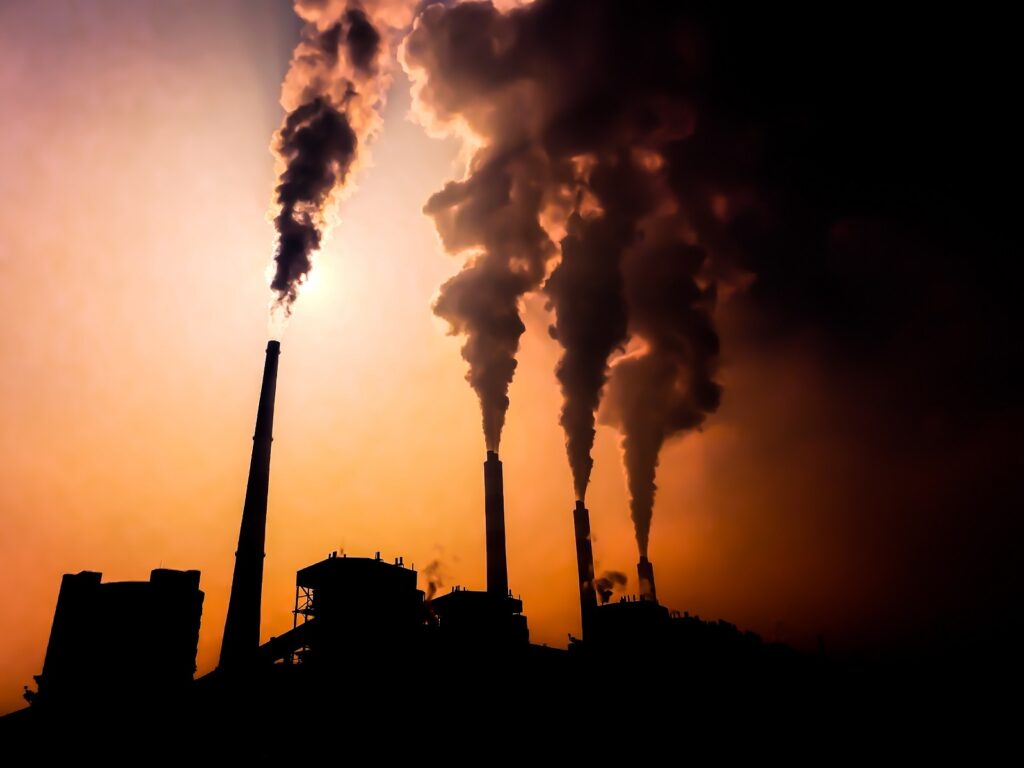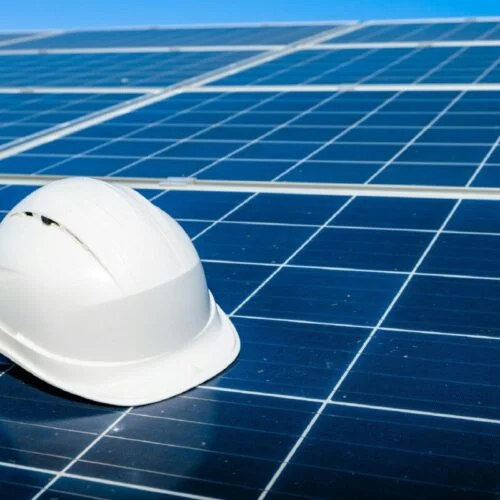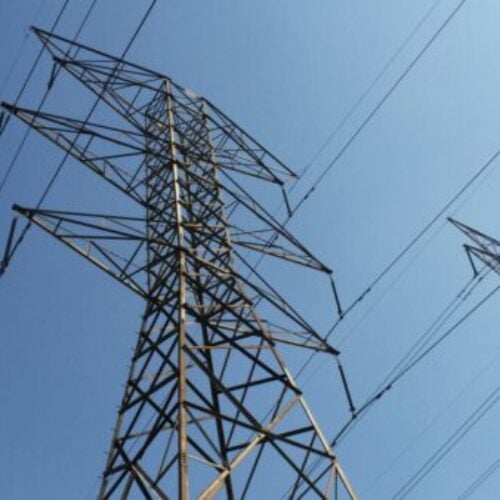If the UK was not generating electricity from renewable sources, liquified natural gas (LNG) imports would need to more than double, said RenewableUK via new analysis.
The analysis highlighted that LNG imports would need to rise by nearly 150% at a cost of £30 billion, based on current prices of about 400p/therm, to billpayers if renewable energy was not used. Renewables generated 122 terawatt hours in 2021, equivalent to using 144% of the LNG the UK imported in 2021.
Following the decision made by Russia to halt gas exports to Europe via the Nord Stream pipeline, the UK and much of Europe has felt the impact of rising gas prices on the economy.
RenewableUK said if the UK was to meet the demand covered by renewable energy without additional imports, domestic gas production would have to rise by 65%.
“At a time of increasing concern about costs and security of supply, renewables are cutting our dependence on gas and avoiding huge additional energy imports,” said Dan McGrail, CEO of RenewableUK.
“As gas pipelines to Europe are being cut off by Russia, increasing demand for LNG is pushing up prices and the best way to avoid those costs is not using gas in the first place.”
Fracking has been at the centre of attention in the UK government with it having recently lifted the moratorium on fracking to “bolster the UK’s energy security.”
The significant change was announced by Prime Minister Liz Truss on 8 September when she rolled out a number of support measures for consumers and businesses in light of the surging energy prices.
This has been met with controversy with a recent government poll finding that just 17% of the public support fracking – dramatically lower than technologies like solar, which is popular with over 80% of the public.
“North Sea gas producers have increased output in response to higher prices but that can only go so far, and new gas fields can decades to develop. New renewables are more than five times cheaper than the price of gas and can come online in a fraction of the time – less than a year for an onshore wind farm,” said McGrail.
“Our overreliance on gas has forced the government into a £100 billion-plus subsidy for energy bills and gas prices remain sky-high going into winter. If we want cheaper, secure energy supplies, we need to make rapid progress on home-grown renewables and cut our reliance on expensive shipments of gas from across the globe.”
Developing renewable energy could be a means to both decarbonise and solve the ongoing energy price crisis. This could also grant the UK energy reliance. This belief prompted the National Infrastructure Commission (NIC) and Climate Change Committee (CCC) to write to Liz Truss advocating for the expansion of renewables.
This included several recommendations to promote renewable energy growth. This included developing credible policies for energy efficiency in buildings, promoting a comprehensive energy advice service, delivering a working market-based mechanism for low-carbon heat, making full use of new auctions for onshore wind and solar and finally delivering updated National Policy Statements for energy.






